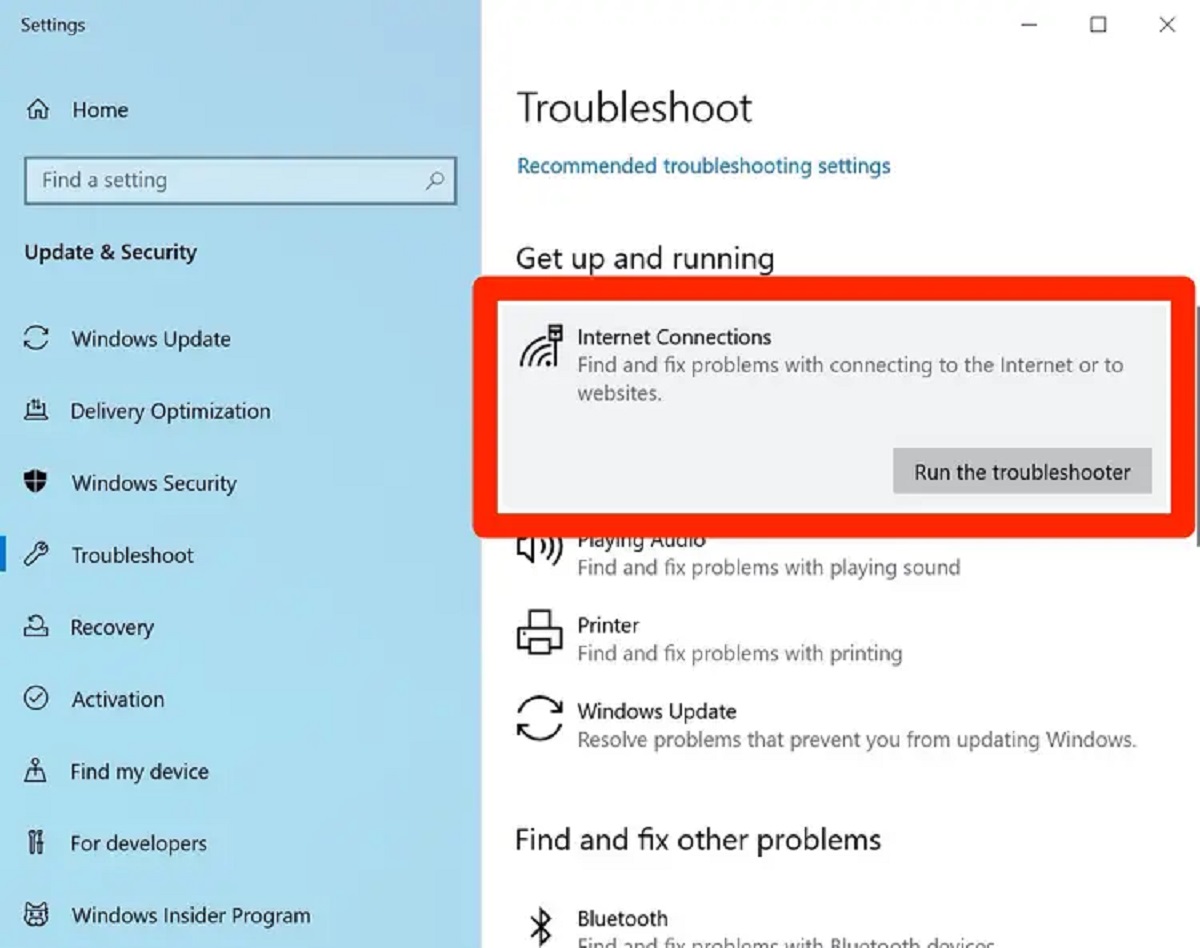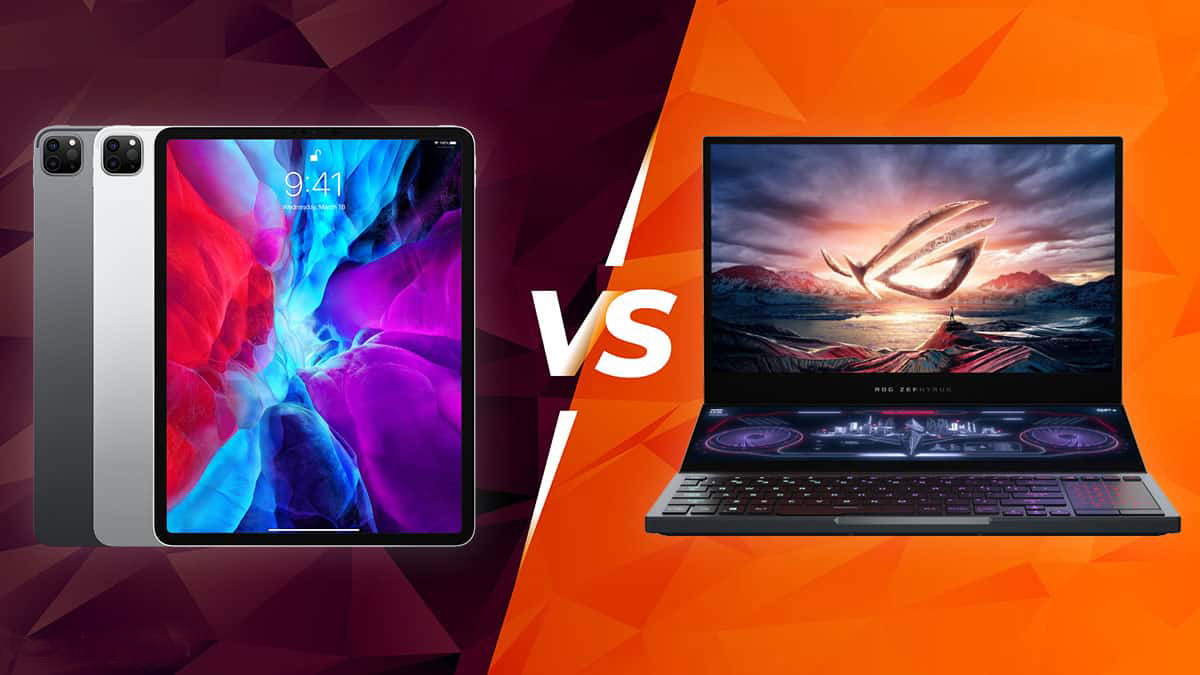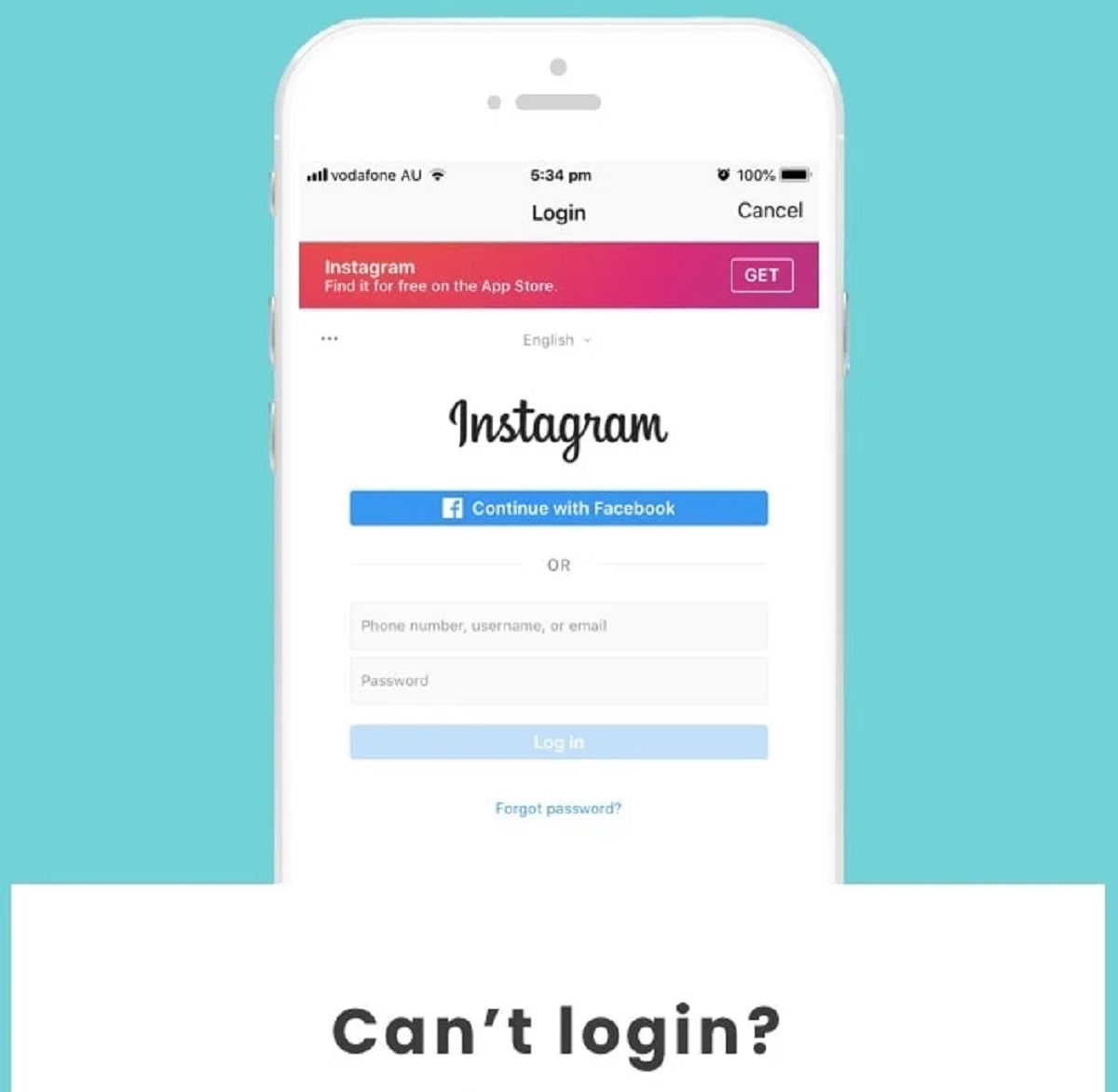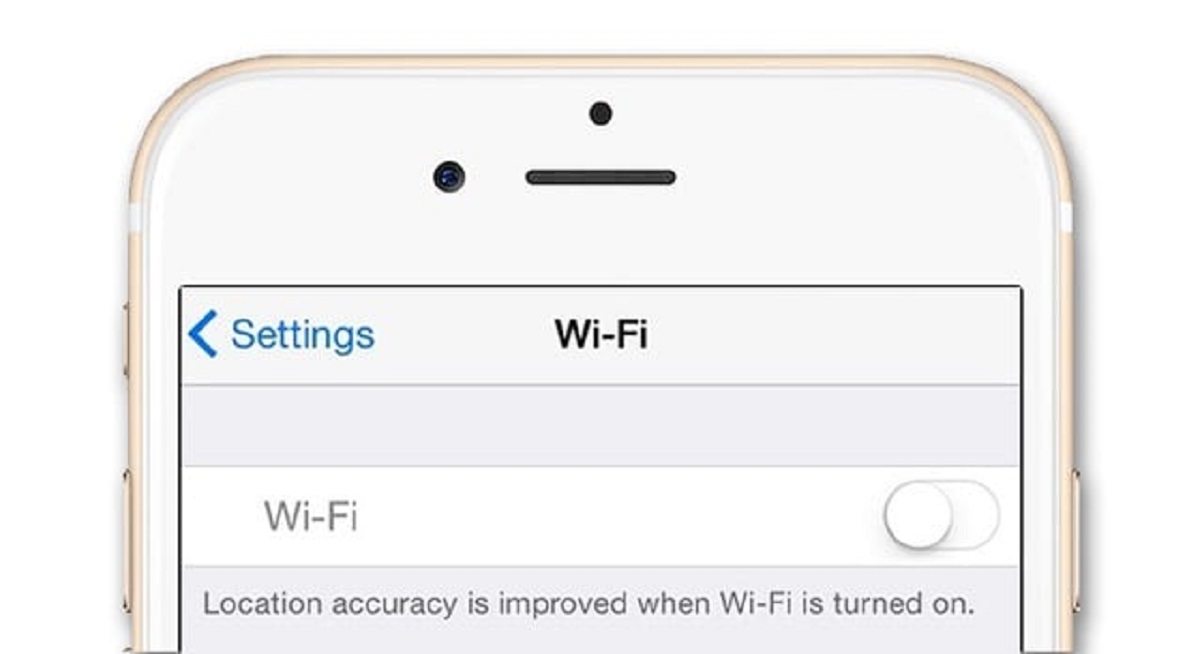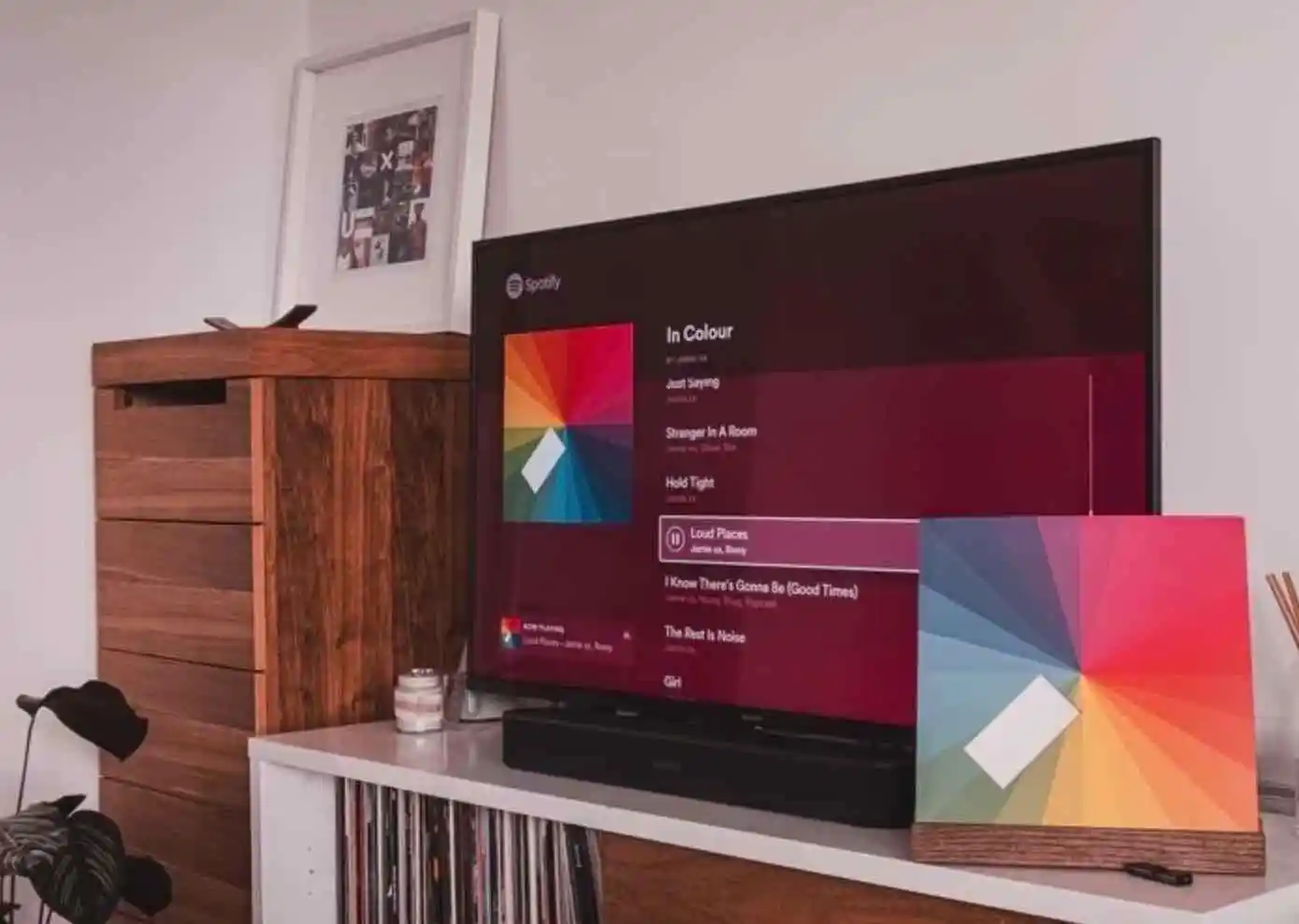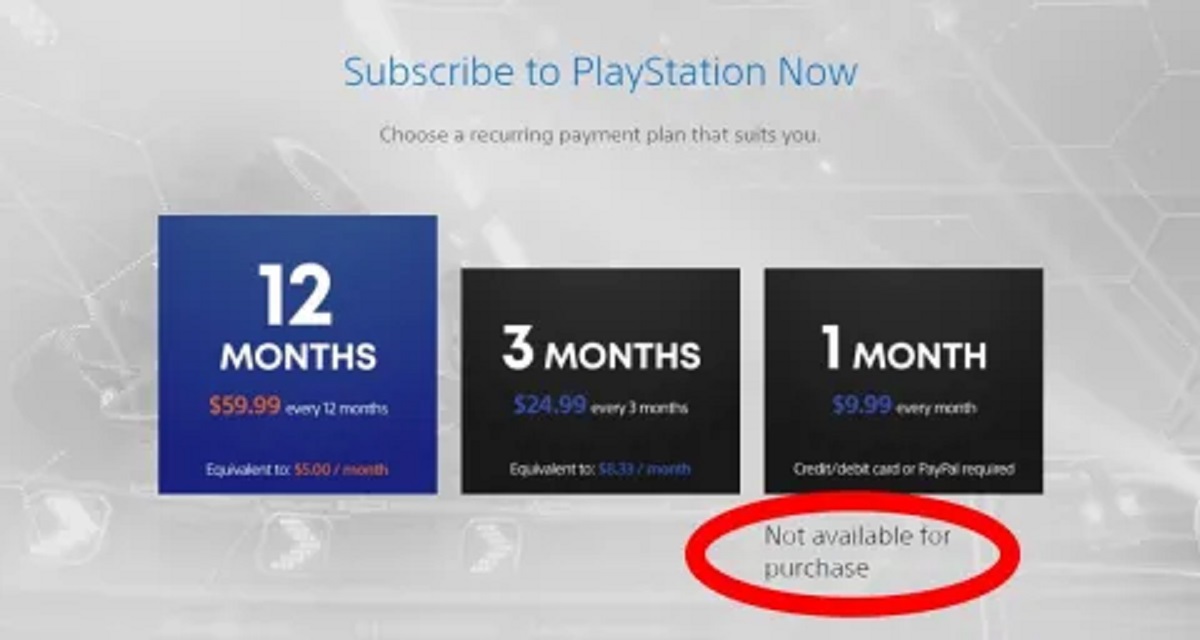Bigger Screen Size
A tablet offers a significant advantage over a phone with its larger screen size. While smartphones typically have screen sizes ranging from 4 to 6 inches, tablets come with screen sizes ranging from 7 to 12 inches or even larger. This larger display size provides a more immersive and enjoyable experience when watching videos, browsing the web, or playing games.
With a bigger screen, you can fully appreciate the details and colors in movies and TV shows, making your entertainment experience more engaging. Additionally, reading e-books, digital magazines, and newspapers becomes more enjoyable as the text is displayed in a more readable and comfortable format.
For productivity purposes, the larger screen provides more space for multitasking. You can easily view multiple apps side by side, allowing for more efficient multitasking. Whether it’s working on a document while referencing a web page or editing a photo while monitoring social media, a tablet’s larger screen makes it easier to navigate and edit content simultaneously.
Moreover, browsing the internet on a tablet with a larger screen enhances the user experience. Websites are optimized for tablet viewing, making text and images more legible without the need for constant zooming or scrolling.
In summary, the bigger screen size of a tablet offers numerous benefits. It provides a more immersive media experience, makes multitasking easier, and improves productivity by allowing you to view and interact with more content at once.
Better Multitasking Abilities
One of the key advantages of using a tablet over a phone is its superior multitasking capabilities. Tablets are designed with more processing power and RAM, allowing for smoother and more efficient multitasking.
With a tablet, you can easily switch between different apps and activities without experiencing lag or slowdown. This means you can have multiple apps running simultaneously, making it convenient to check emails, browse the web, and stream music or videos at the same time.
Tablets also offer split-screen functionality, which enables you to view and interact with two apps side by side. This is particularly useful for tasks that require referencing information from one app while working on another. For example, you can have a web browser open alongside a note-taking app, making it easier to gather research while jotting down important points.
Additionally, some tablets support floating apps, which allow certain apps to stay on top of others. This feature is valuable when you need to refer to a calculator, a translation tool, or a messaging app while working on another task.
Furthermore, tablets often have larger on-screen keyboards, making it more comfortable to type or edit documents on the go. This feature, combined with the ability to have multiple apps open at once, enhances productivity and efficiency for professionals who need to work on the move.
Overall, the better multitasking abilities of tablets make them a preferred choice for individuals who require a device that can handle multiple tasks simultaneously. Whether you’re a student, a professional, or a casual user, a tablet can provide a seamless multitasking experience and boost your productivity.
Enhanced Media Experience
A tablet offers an enhanced media experience compared to a phone, thanks to its larger screen, better audio quality, and improved visual display capabilities.
The larger screen of a tablet provides a more immersive and enjoyable experience when consuming media content. Whether you’re streaming movies, watching videos, or playing games, the larger display allows for a more detailed and vibrant visual presentation. Colors are more vibrant, details are clearer, and graphics are more impressive, bringing your media to life.
In addition to the visual experience, tablets often have better audio capabilities, including stereo speakers or even Dolby Atmos surround sound technology. This ensures that you get a rich and immersive audio experience, whether you’re listening to music, watching movies, or playing games. The superior audio quality enhances the overall entertainment experience and allows you to fully immerse yourself in the media content.
Tablets also offer superior storage capacities compared to phones, allowing you to store a larger library of media files, such as movies, TV shows, music albums, and e-books. You can carry your entire collection of favorite movies or albums with you wherever you go, ensuring you always have entertainment at your fingertips.
Furthermore, tablets often have better battery life than smartphones, enabling you to enjoy extended hours of media consumption without worrying about running out of power. Whether you’re on a long flight, a road trip, or simply relaxing at home, a tablet provides the convenience of longer battery life for uninterrupted media enjoyment.
In summary, a tablet offers an enhanced media experience with its larger screen, improved audio quality, and ample storage capacity. Whether you’re a movie buff, a music lover, or a gaming enthusiast, a tablet provides a more immersive and enjoyable media experience compared to a phone.
More Storage Capacity
One of the significant advantages of using a tablet over a phone is the increased storage capacity that tablets offer. Tablets typically come with higher storage options compared to smartphones, providing you with ample space to store your files, documents, media, and applications.
The larger storage capacity of a tablet allows you to carry your entire digital life with you. You can store a vast collection of photos, videos, and music without worrying about running out of space. Whether you’re capturing memorable moments or downloading your favorite movies and albums, a tablet provides enough storage to accommodate your needs.
For professionals who need access to work documents, a tablet’s larger storage capacity ensures that you can store all your important files and folders in one place. This allows for easy access to documents while on the go, eliminating the need to carry multiple devices or rely on cloud storage solutions.
In addition to personal and professional files, tablets provide sufficient storage for downloading and installing a wide range of applications. Whether it’s productivity apps, games, or entertainment platforms, you can take advantage of the abundant storage space on a tablet to keep your favorite apps readily accessible.
Furthermore, tablets often come with expandable storage options such as microSD card slots. This enables you to increase the storage capacity even further by adding a memory card. With expandable storage, you can easily store large files, such as high-resolution videos or extensive photo libraries, without worrying about filling up the internal storage.
Overall, the increased storage capacity of tablets provides you with the convenience of storing a vast amount of data, media files, and applications in one device. Whether it’s for personal or professional use, a tablet offers the freedom to carry your digital world wherever you go with ample storage space at your disposal.
Improved Gaming Capabilities
When it comes to gaming, tablets offer significant advantages over smartphones with their improved gaming capabilities. Tablets are designed with powerful processors, larger screens, and better graphics, providing a more immersive and enjoyable gaming experience.
Firstly, tablets typically have more processing power compared to phones. This means they can handle more demanding games with ease, delivering smoother gameplay and reducing lag. Whether you’re playing graphics-intensive games or multiplayer online games, tablets provide the processing power necessary to ensure a seamless gaming experience.
The larger screen size of tablets enhances the gaming experience by offering a more immersive view. The increased screen real estate allows for more detailed graphics and a wider field of view, making the game world come to life. Whether you’re exploring an open-world environment or enjoying the intricacies of a strategy game, a tablet’s larger screen allows you to fully immerse yourself in the gaming experience.
In addition to the screen size, tablets often have superior display quality with better color reproduction and higher resolution. This results in more vibrant visuals, sharper details, and enhanced graphical effects, making games visually stunning. You can enjoy the rich graphics and immersive gameplay on a tablet’s high-quality display.
Moreover, tablets provide better gaming controls compared to smartphones. The larger size of a tablet allows for more comfortable and natural hand placement during gameplay, reducing the chances of accidental button presses or hand fatigue. Some tablets also offer accessories like gamepads or stylus pens, further enhancing the gaming experience by providing precise controls and additional functionality.
Lastly, tablets offer longer battery life compared to smartphones, ensuring that you can enjoy extended gaming sessions without interruptions. The extended battery life allows you to indulge in your favorite games for hours on end without worrying about running out of power.
In summary, tablets offer improved gaming capabilities with their powerful processors, larger screens, better graphics, and comfortable controls. Whether you’re a casual gamer or a dedicated enthusiast, a tablet provides the ideal platform for immersive and enjoyable gaming experiences.
Productivity and Work Efficiency
A tablet can greatly enhance productivity and work efficiency, making it a valuable tool for both personal and professional use. With its larger screen, portability, and versatile software, a tablet offers a wide range of features and capabilities that can boost productivity in various ways.
Firstly, tablets provide a more comfortable and convenient platform for working on documents, creating presentations, or editing spreadsheets compared to phones. The larger screen size allows for easier viewing and editing of content, reducing the need for constant zooming in and out. This makes tasks like writing emails, reviewing documents, and collaborating with colleagues more efficient.
Tablets often come with productivity apps and software suites that offer a range of tools for tasks such as note-taking, project management, and document creation. These apps, combined with the intuitive touch interface of tablets, enable efficient organization, easy collaboration, and seamless workflow management.
Additionally, tablets provide flexibility and versatility in terms of connectivity and portability. With features like Wi-Fi, cellular data support, and Bluetooth, you can stay connected and access your work files and applications from anywhere. This allows you to work on the go, whether you’re traveling, attending meetings, or simply working from a different location.
Moreover, tablets often have long battery life, ensuring that you can work for extended periods without interruption. This is especially useful during long flights or when working in areas with limited power supply.
Tablets also offer a wide range of productivity accessories, such as detachable keyboards, stylus pens, and stands. These accessories enhance the functionality of the tablet, enabling faster and more precise input methods, making handwritten notes or sketches, and providing ergonomic support for extended periods of work.
Furthermore, tablets can seamlessly integrate with cloud storage services, allowing you to access and synchronize files across devices. This ensures that you have the most up-to-date versions of your documents and enables easy collaboration with colleagues, even when working remotely.
In summary, tablets provide a multitude of features and tools that enhance productivity and work efficiency. Whether you’re a student, a business professional, or a creative individual, a tablet can streamline your workload, improve collaboration, and offer the versatility needed to excel in various tasks.
Easier Reading and Web Browsing
A tablet offers a superior reading and web browsing experience compared to a phone, thanks to its larger screen, optimized display, and intuitive user interface.
The larger screen size of a tablet makes reading digital content a breeze. Whether you’re catching up on the latest news articles, reading e-books, or browsing through online magazines, the increased screen real estate allows for a more comfortable reading experience. You can view more text and images at once, reducing the need for constant scrolling and zooming.
In addition to the larger screen, tablets often have higher display resolutions and pixel densities compared to phones. This results in crisp and clear text, making it easier on the eyes and ensuring that you can enjoy a more immersive reading experience. The optimized display of tablets enhances the readability of content, whether it’s websites, e-books, or digital documents.
Furthermore, tablets offer a user-friendly browsing experience. The intuitive touch interface allows for easy navigation and scrolling through web pages, and pinch-to-zoom gestures make it simple to focus on specific parts of the page. With the larger screen and precise touch controls, you can interact with websites, click on links, and fill out forms with ease.
Tablets also provide a more immersive browsing experience by supporting features such as tabs, which allow you to open multiple web pages simultaneously. This enables seamless switching between different websites without losing your place or having to constantly backtrack.
Moreover, tablets support a wide variety of web browsers and extensions, allowing you to customize your browsing experience to suit your preferences. Whether you prefer a minimalist interface, ad-blockers, or other browsing extensions, tablets offer the flexibility and choice to enhance your web browsing experience.
In summary, tablets provide an easier and more enjoyable reading and web browsing experience compared to phones. The larger screen, optimized display, and intuitive user interface make it convenient to read and interact with digital content, ensuring that you can stay up-to-date with news, enjoy e-books, and browse the web with ease.
Enhanced Audio and Video Calling
A tablet offers enhanced audio and video calling capabilities compared to a phone, providing a more immersive and engaging communication experience.
With its larger screen size, a tablet allows for more enjoyable video calls. Whether you’re chatting with family and friends or participating in professional video conferences, the larger display provides a better view of the person or people you’re communicating with. Facial expressions and body language are more visible, making conversations more personal and engaging.
In addition to the larger screen, tablets often have better front-facing cameras and improved camera software, resulting in higher-quality video calls. The increased camera resolution ensures sharper and clearer video, allowing you to see and be seen in more detail.
Tablets also offer superior audio quality for both audio calls and video calls. With larger built-in speakers or dual speakers, tablets deliver better audio performance, making it easier to hear and understand the other person on the call. This is especially beneficial for conference calls or group video chats where multiple participants are involved.
Furthermore, tablets provide a better ergonomics for long-duration video calls. The larger size offers a more comfortable hold, reducing hand fatigue during extended conversations. Some tablets also have kickstands or cases with built-in stands, allowing you to prop up the tablet for hands-free video calling.
Additionally, tablets often support a wide range of communication apps, including popular platforms like Skype, Zoom, Google Meet, and FaceTime. This compatibility ensures that you can easily connect with others, regardless of the devices and platforms they are using.
Lastly, tablets usually have better battery life compared to smartphones, ensuring that you can have longer conversations without worrying about the call being cut short due to low battery. The extended battery life allows for uninterrupted communication, whether it’s a casual catch-up with a friend or an important business call.
In summary, tablets offer enhanced audio and video calling capabilities with a larger screen, better camera quality, improved audio performance, and comfortable ergonomics. Whether you’re connecting with friends, family, or colleagues, a tablet provides a more immersive and engaging communication experience.
Long Battery Life
One of the advantages that tablets have over phones is their long battery life. Tablets are designed with larger batteries compared to smartphones, allowing for extended periods of use without needing to constantly recharge.
The larger battery capacity of tablets means that you can enjoy a longer usage time before needing to find a power outlet. This is especially beneficial when you’re on the go, whether it’s during a long commute, a business trip, or a vacation. You can use your tablet to read, watch movies, browse the web, or work without having to worry about the battery draining quickly.
Furthermore, tablets are often optimized for power efficiency. The software is designed to minimize battery consumption, ensuring that you get the most out of each charge. This means that even with continuous usage, tablets can last for several hours, providing you with uninterrupted productivity or entertainment.
In addition to everyday usage, tablets excel in situations where access to power sources may be limited. Whether you’re camping, attending a conference, or working in a remote location, the long battery life of a tablet ensures that you can stay connected and productive for extended periods without having to rely on external power sources.
Tablets also have features that help conserve battery life. They often come with customizable power-saving modes that allow you to adjust settings such as screen brightness, background app activity, and Wi-Fi connectivity. These power-saving modes can extend the battery life even further for instances where you need to stretch out the usage.
Moreover, tablets typically have larger screens compared to smartphones. Despite this, they are designed to optimize battery usage, ensuring that you get more screen-on time without sacrificing performance or draining the battery excessively.
Overall, the long battery life of tablets provides the convenience of extended usage without the need for frequent charging. Whether you’re using your tablet for work, entertainment, or staying connected, the extended battery life ensures that you can rely on your device for hours on end.
More Connectivity Options
When it comes to connectivity, tablets offer more options compared to smartphones, providing you with greater flexibility in staying connected and accessing the internet.
One of the advantages of tablets is their support for both Wi-Fi and cellular connectivity. With Wi-Fi, you can easily connect to a wireless network, whether it’s at home, in the office, or at a public hotspot. This allows you to access the internet, browse websites, stream videos, and download files without relying on a cellular data connection.
In addition to Wi-Fi, tablets often come with built-in cellular capabilities. This means that you can also connect to the internet using a cellular network, just like a smartphone. With a tablet, you have the option to purchase a data plan from a mobile network provider, allowing you to stay connected even when there is no Wi-Fi available. This is particularly useful when you’re traveling or in areas with limited Wi-Fi access.
Furthermore, tablets offer more connectivity ports and options compared to smartphones. Tablets usually have standard USB ports that allow you to connect various peripherals and accessories, such as external storage devices, keyboards, and mice. Some tablets even have USB-C ports, which provide faster data transfer speeds and more versatility in connecting to other devices.
In terms of audio connectivity, tablets often come with a standard headphone jack. This allows you to connect your favorite headphones or speakers without the need for adapters or wireless connections. You can enjoy your audio content with ease, whether it’s listening to music, watching videos, or participating in audio conferences.
Moreover, tablets frequently support Bluetooth connectivity. This allows you to pair your tablet with wireless headphones, speakers, keyboards, mice, and other Bluetooth-enabled devices. With Bluetooth, you can enjoy a clutter-free experience and easily connect your tablet to a variety of accessories without the need for wires.
Lastly, some tablets offer additional connectivity options such as HDMI output. This allows you to connect your tablet to a larger display or TV, making it convenient for presentations, gaming, or enjoying media content on a larger screen.
In summary, tablets provide more connectivity options compared to smartphones. With support for Wi-Fi, cellular connectivity, USB ports, audio jacks, Bluetooth, and even HDMI output, tablets offer greater flexibility in staying connected, accessing the internet, and connecting with various devices and peripherals.









